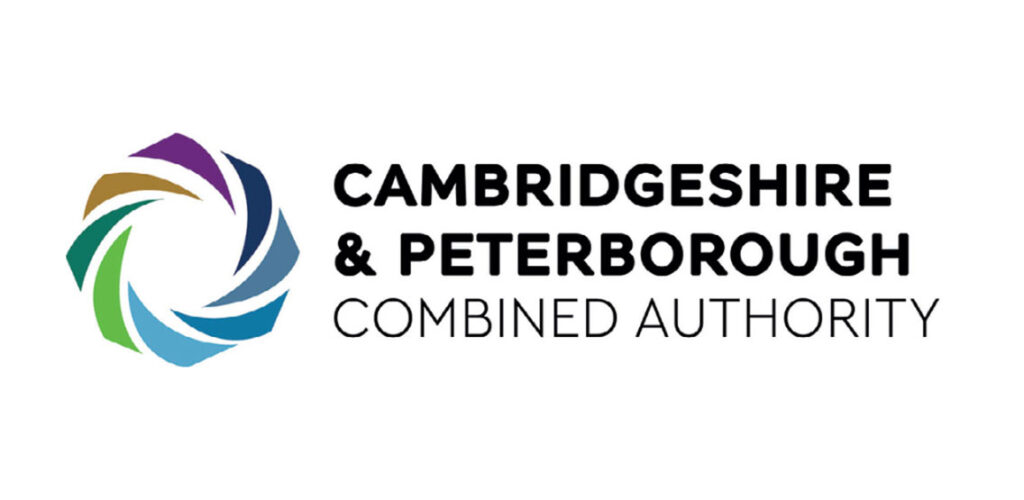Want to know the background behind Connecting Cambridgeshire’s Smart programme? Watch the short Smart film below and read the Cambridgeshire & Peterborough Digital Connectivity Strategy.
The Smart team explore how data, emerging technology and digital connectivity can be used to transform the way people live, work and travel in Cambridgeshire and Peterborough and beyond.
This dynamic programme is harnessing the latest technologies to improve the economic strength and sustainability of the area.
Advanced data techniques, sensor technology and digital connectivity are creating opportunities to support the sustainable growth of local economies, create better places and to help address some of significant challenges of our time, such as moving towards net zero, climate change mitigation and adaptation and the reduction in transport congestion and air pollution.
The work is supported by the Connecting Cambridgeshire partnership programme, hosted by Cambridgeshire County Council, which is improving the county’s digital infrastructure with better broadband, free public Wifi and wider mobile coverage – bringing opportunities for more flexible working and less traffic congestion.
With continuing investment from the Greater Cambridge Partnership and the Cambridgeshire & Peterborough Combined Authority, the Smart team are focused on maximising the impact that smart technologies and data have on communities across the region. This is being achieved through:
- Better quantity, quality and use of data
- Embedding digital solutions and emerging technology
- Collaboration with business, community and academic sectors
We have a unique opportunity to combine the brainpower and business might of Cambridgeshire and Peterborough to drive success – not just for our region but for the UK economy.
What is a smart region?
Digital technology underpins almost every aspect of modern living across work, travel, leisure and health. Smart technology builds on this, using digital connectivity and data in innovative ways to address city challenges in three key areas:
Transport: making it easier for residents to use more sustainable transport and reducing congestion.
Environment: supporting the better management of our water, energy and air quality.
Smart places: improving the quality of life for communities in and around the city.
The Smart team aims to ensure that Cambridgeshire and Peterborough is a ‘smart region’ by providing the infrastructure needed to collect and analyse data that can be used to develop innovative solutions to some of the area’s challenges.
What’s next?
The Smart programme is paving the way for ground-breaking research to support the Greater Cambridge Partnership’s (GCP*) aims to improve the transport infrastructure in and around the city.
As agreed at the GCP Executive Board in December 2020, the wider work of the programme will cover the following items over the next four years:
- Better travel and transport information for journeys and supporting the development of travel hubs
- Smarter signalling
- Embedding smart solutions into new and existing communities
- Future transport initiatives including driverless vehicles.
- Measuring traveller behaviour change in response to new schemes
The programme is working with a wide range of cutting edge tech’ businesses and is keen to collaborate with anyone who can contribute.
The Connecting Cambridgeshire programme is also delivering Cambridgeshire & Peterborough Combined Authority’s Digital Connectivity Infrastructure Strategy 2021-2025. With the rolling out of leading edge digital infrastructure to support businesses and communities across the region, the Smart programme is targeting different aspects of digital connectivity including ‘smart’ technology to contribute to improving digital inclusion and climate change mitigation. Read the Digital Connectivity Infrastructure Strategy 2021-2025.
*The Greater Cambridge Partnership is a partnership between Cambridgeshire County Council, Cambridge City Council, South Cambridgeshire District Council, the Cambridgeshire and Peterborough Business Board and the University of Cambridge.



